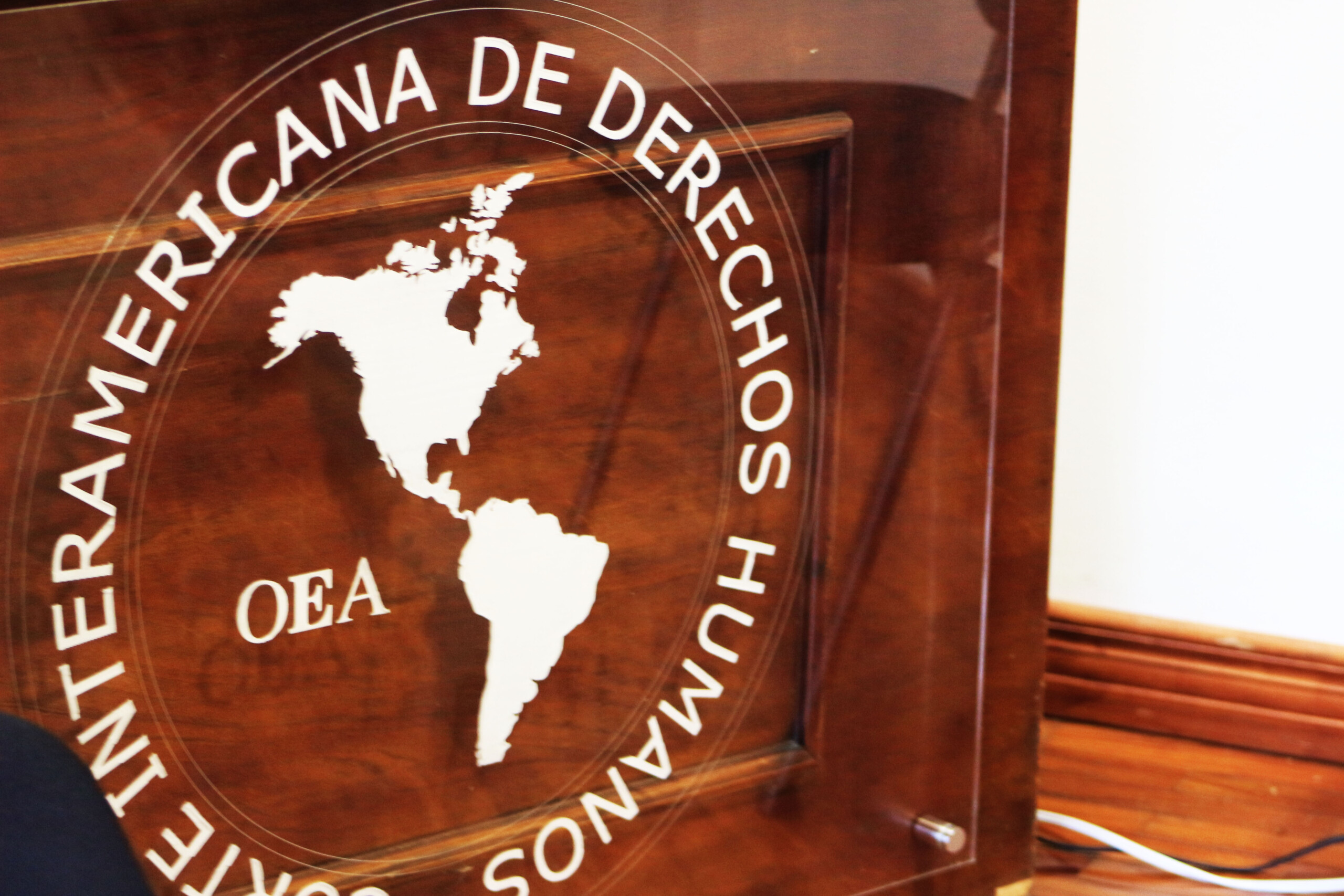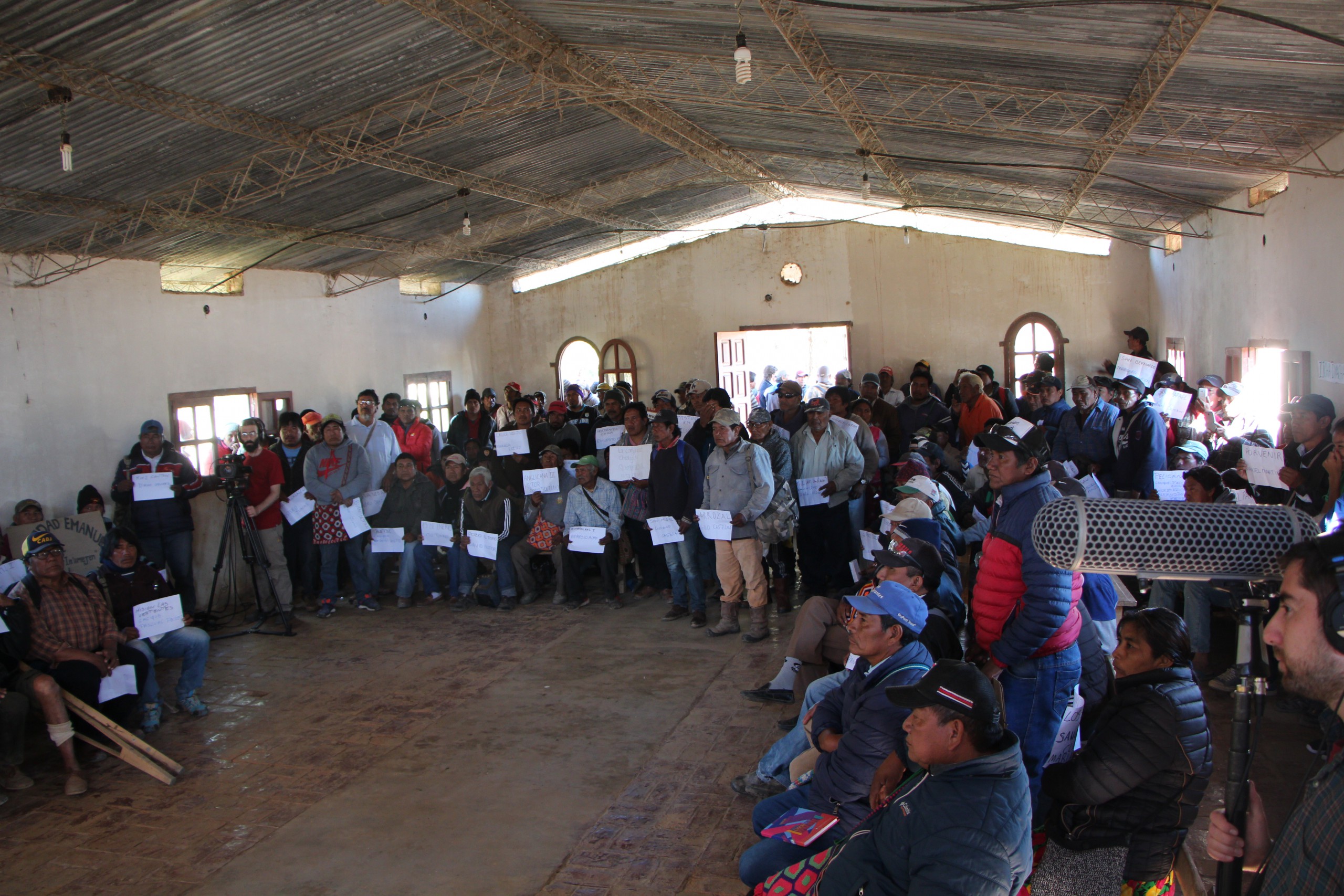Summary
Victorio Spoltore (“Spoltore”) was employed by a private company for more than twenty years. In 1984, he suffered a heart attack at work. Although he returned to work, he endured another heart attack in 1986. Spoltore then retired from the company, sustaining a significant loss in income. In 1988, Spoltore filed a suit before a labor court against his former employer, seeking damages for occupational illness caused by a hostile work environment.
Nine years after Spoltore filed suit, the labor court rejected the complaint, finding that his medical condition was unrelated to his occupation. Subsequently, Spoltore filed a special appeal to reverse and vacate the labor court’s decision with the Supreme Court of Justice of the Province of Buenos Aires (“SCJBA”). The SCBJA rejected this appeal without reviewing the merits of the claims. Concurrently, Spoltore submitted a disciplinary complaint with the Office of the Inspector General of the SCBJA for the labor court’s delays and negligence during the proceedings. Finding that these delays were caused by “the excessive workload of the Labor Court during the period being investigated, the health problems of the official responsible for the file and the lack of disciplinary precedents,” the SCJBA determined that the appropriate action was simply to “take necessary measures to avoid a repetition of similar situations in the future.”
Following the results of the SCJBA investigation, Spoltore filed a petition with the Inter-American Commission on Human Rights (“IACHR”) in September of 2000, requesting review of the SCBJA’s determinations regarding his disciplinary complaint. In 2008, IACHR concluded that the petition was admissible. In 2017, IACHR prepared a report on the merits of the petition and provided recommendations for Argentina to comply with its international obligations. After Argentina failed to comply with the recommendations, IACHR submitted the case to the Inter-American Court of Human Rights (IACtHR).
The Court began preliminary hearings in December 2019, during which Spoltore and IACHR maintained that Argentina had violated Article 8(1) and Article 25 of the American Convention on Human Rights (the “Convention”), which provide the right to a timely trial and the right to judicial protection, respectively. Spoltore further alleged that Argentina had violated additional rights guaranteed under the Articles of the Convention, including the right to equitable and satisfactory working conditions that ensure the health of the worker, which he argued derived from Article 26.
Argentina partially recognized responsibility for violating Article 8(1) and Article 25 of the American Convention on Human Rights, which provide the right to a timely trial and the right to judicial protection, respectively. However, Argentina argued that compensation would be an inappropriate remedy and disputed the allegations relating to Article 26.
In considering whether Argentina violated Article 26, the Court first determined whether the right to equitable and satisfactory working conditions that ensure the health of the worker derived from the Article. Article 26 requires the “full realization of the rights implicit in the economic, social, educational, scientific, and cultural standards set forth in the Charter of the Organization of American States” (the “OAS Charter”). The Court determined that the right to equitable and satisfactory working conditions is protected in the OAS Charter. Article 45(b) of the Charter says that “work is a right and a social duty…and it should be performed under conditions…that ensure life, health, and a decent standard of living for the worker…” Therefore, the Court found that the right to equitable and satisfactory working conditions that ensure the health of the worker was protected by Article 26 of the American Convention.
The Court then looked to international law to determine the scope of the right to equitable and satisfactory working conditions, citing international, national, and provincial laws. The Court found that Argentina’s obligation to protect this right includes a duty to provide workers who have suffered occupational accidents or sickness with effective means to request compensation. For such mechanisms to be available, states must prevent excessive judicial delays for workers seeking compensation. Therefore, considering the recognition of responsibility by Argentina for the excessive delay, the Court held that Argentina was responsible for violating Article 26 of the Convention in relation to Articles 8, 25, and 1(1).
The Court ordered compensation, attorneys fees, and Legal Assistance Fund contributions, and required Argentina to publish the judgement in a newspaper of wide national circulation.

